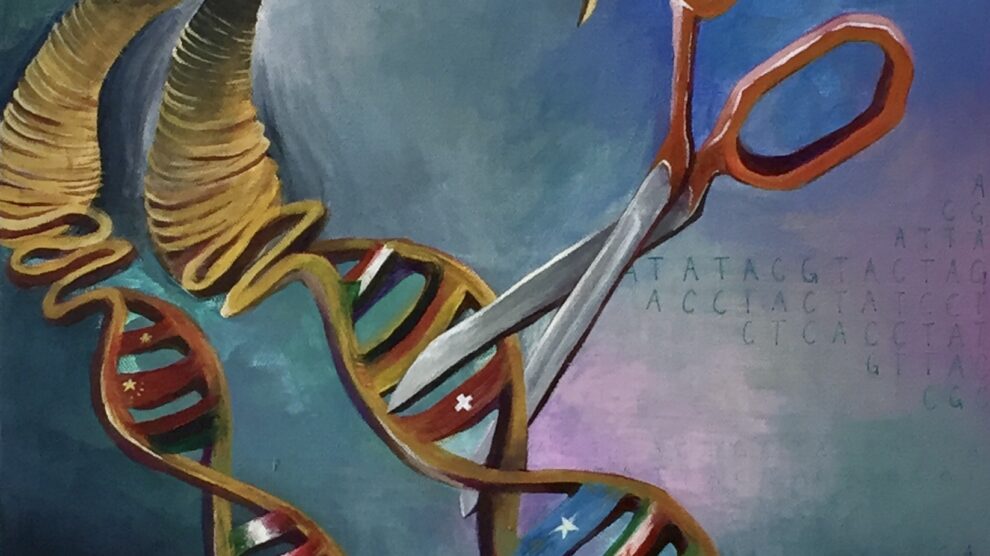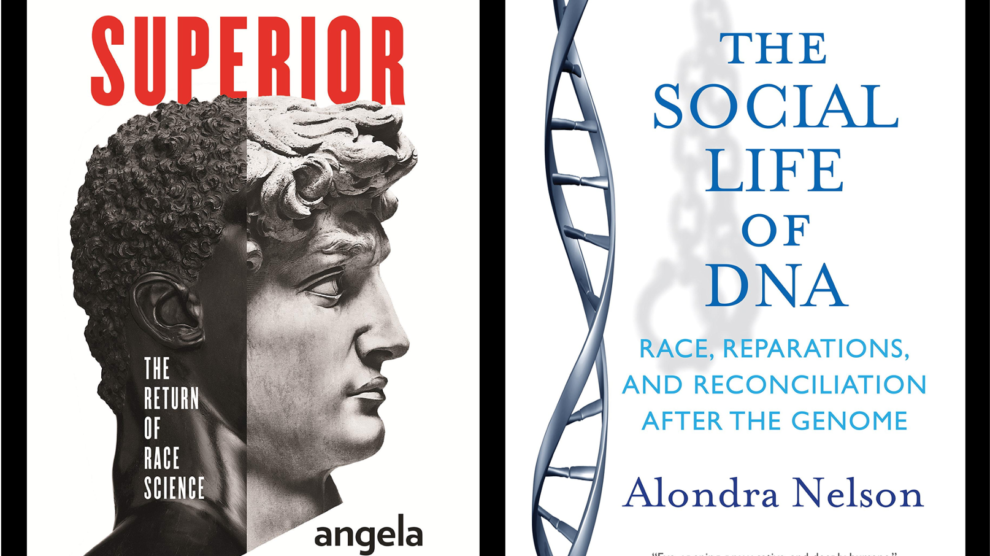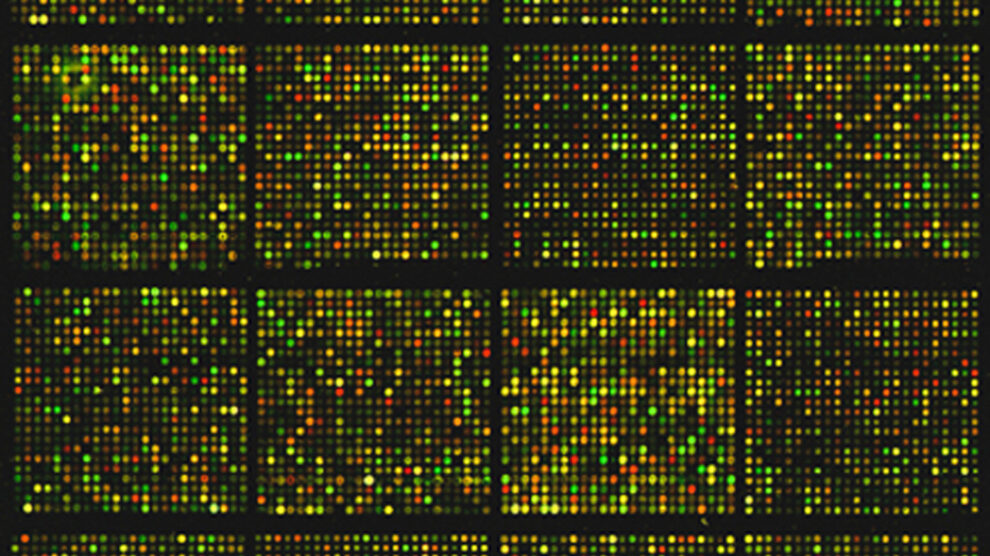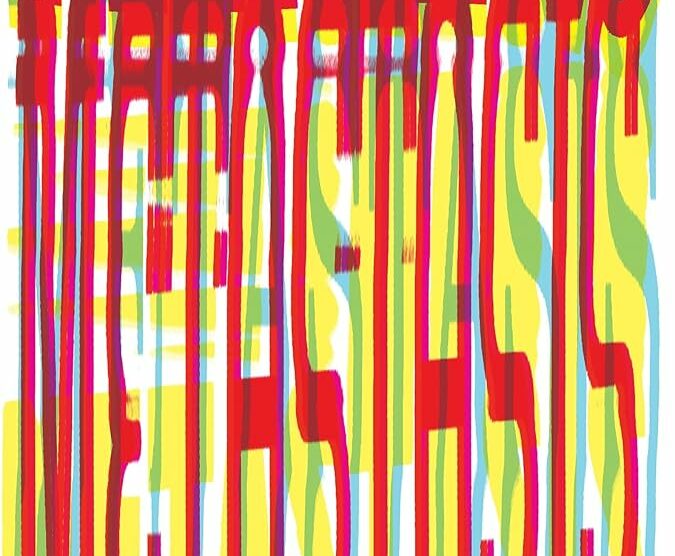Meet the Contributors to “Bio-Politics”
Volume 23, Number 3, Bio-Politics
Kevin Bird is a PhD candidate in Horticulture and Evolutionary Biology at Michigan State University and a former Fulbright Scholar at the University of Ghent. His research focuses on the evolutionary and biological consequences of hybridization and gene and genome duplication in plants. He is also former president and a current department steward for the Graduate Employees Union at Michigan State University.
- Blog: kevinabird.github.io
- Twitter: @itsbirdemic
- Facebook: Kevin Bird
- Instagram: @stairway__to__kevin
Katherine Bryant, PhD, is the Secretary of Science for the People, member of the Biology and Society Working Group, and a postdoctoral fellow at the Wellcome Centre for Integrative Neuroimaging at the University of Oxford. During her PhD, she helped organize undergraduates, graduate students, and faculty to fight against austerity measures implemented by the university administration. In addition to conducting research on the evolution of the human brain, she works to promote the work of feminist neuroscientists through the Neurogenderings group, and to support and advance the work of Science for the People.
- Twitter: @evoneuro
- Instagram: @katsqwerl
- Facebook: /katherinelbryant
Amitava Banerjee is a graduate student working on machine learning in physics at the University of Maryland, College Park.
Michael Caslin is currently a PhD student in Forestry and Environmental Resources at North Carolina State University applying Geospatial Technology to research.
Karletta Chief, PhD, is an Associate Professor and Extension Specialist in the Department of Environmental Science at the University of Arizona in Tucson, Arizona. She works to bring relevant science to Native American communities in a culturally sensitive manner by providing hydrology expertise, transferring knowledge, assessing information needs, and developing applied science projects. She is Diné (Navajo) from Black Mesa, Arizona, and was raised without electricity or running water. She is a first-generation college graduate.
- Twitter: @nativehydro
Mark Colasurdo is currently a graduate student studying Biomaterials and Regenerative Medicine at Georgia Tech. He organizes with United Campus Workers of Georgia, the local union, Metro Atlanta DSA, and has been involved with Science for the People for the past year. Mark fights for a world where people and the planet are prioritized over profit and the accumulation of wealth.
- Facebook: Mark Colasurdo
- Instagram: @shafeka_and_mark
Oli Davidson is a biologist by training, feminist by practice, and data analyst by vocation. She loves using writing as a creative outlet and particularly enjoys researching and writing about influential women, Jews, and queer folk who have shaped the world of science, bringing their achievements into the spotlight.
- Twitter: @olijo1910
Hamid Ekbia, PhD, is Professor of Informatics, International Studies, and Cognitive Science at Indiana University, Bloomington, where he also directs the Center for Research on Mediated Interaction. He is interested in the political economy of computing, in the future of work, and in how technologies mediate socioeconomic, cultural, and geo-political relations of modern societies. His most recent co-authored book, Heteromation and Other Stories of Computing and Capitalism (MIT Press, 2017), examines computer-mediated modes of value extraction in capitalist economies.
Hannah Fitsch, PhD, studied Sociology, Biopsychology and New Media at Johann Wolfgang von Goethe University, Frankfurt am Main. She earned her PhD at the Technische Universität Berlin on visibilities and sayabilities in functional magnetic resonance imaging. Since 2012, she has been a teaching research assistant at the Center for Interdisciplinary Women and Genderstudies, TU Berlin. She holds a postdoctoral position at TU Berlin and her current project is titled, “How bodies turn into numbers and numbers into images: On algorithms in brain research and the logic of standardization.”
Anup Gampa, PhD, is a radical educator-scholar. He lives and teaches as a Marxist-queer-feminist at Harvey Mudd College in Claremont, California. He is primarily interested in understanding and dismantling systems of oppression through collective organizing and community building.
Donna Haraway, PhD, is Distinguished Professor Emerita in the History of Consciousness Department at the University of California, Santa Cruz. She earned her PhD in Biology at Yale and writes and teaches in science and technology studies, feminist theory, and multispecies studies. At UCSC, she is an active participant in the Science and Justice Research Center and Center for Creative Ecologies. Haraway’s work explores the string figures composed by science fact, science fiction, speculative feminism, speculative fabulation, science and technology studies, and multispecies worlding. She is the author of several books including Staying with the Trouble: Making Kin in the Chthulucene.
Marina de Haro is a graphic designer based in Puerto Rico. She focuses on editorial design, branding, and illustration. Her only weakness is bio writing, but you can find her work at marinadeharo.com.
David Hofmann, PhD, is a physicist and organizer. He performs research in behavioral neuroscience, machine learning, and ecology. As an organizer and activist he helped rebuild Science for the People and co-founded the Atlanta chapter of SftP as well as SftP’s national working groups on Climate Change, Technology, and Science for Puerto Rico.
Søren Hough is a PhD candidate in the Department of Biochemistry at the University of Cambridge. He uses CRISPR in his day-to-day research studying the mechanisms of DNA repair. Søren also works as a freelance journalist and has covered everything from film and television to science, ethics, and politics. When he’s not writing, he organizes with local PIC abolitionists and other groups to effect equitable and just societal change.
- Twitter: @sorenhough
Grace Huckins is a PhD candidate in Neuroscience at Stanford University. In 2020, she was the AAAS Mass Media Fellow at WIRED, where she covered neuroscience, mental health, and the intersections between science and questions of sex and gender. She holds masters degrees in Neuroscience and Gender Studies from the University of Oxford, where she studied with the support of a Rhodes Scholarship.
- Twitter: @grace_huckins
Brianna Johns is a recent graduate from North Carolina State University with a bachelor of science in Zoology and a bachelor of arts in International Studies. Brianna has been involved in several public science initiatives at NC State, where she was a founding member of the Citizen Science Club at NC State. She currently co-hosts a podcast titled Queer Science.
Douglas Jones is an artist and designer based in Detroit, Michigan. His goal is to make art, dialogue, and fresh ideas more accessible for all. He is drawn to facilitating dialogue between people with diverse identities and is committed to promoting critical thinking, collaborative problem solving, equity, inclusion, and diversity. His formal research into intergroup dialogue began at University of Michigan’s Office of Intergroup Relations.
- Instagram & Facebook: @douglasjonesartdesign (IG & Facebook)
- Twitter: @DouglasJonesArt
Clayton Junior is a graphic artist from Brazil based in Berlin. He works as a freelance illustrator, paints in his spare time, and writes and draws comics. His first graphic novel, Will Thing – or My Life as a Wolf, was published in France in 2018. He wrote and drew the webcomic Brain Trippers, a collaboration with scientist Dr. Michaël Tanter, based on his research about functional ultrasound brain imaging. He is currently working on a graphic reportage based on totalitarian regimes as an artist/researcher for the Pilecki Institute in Berlin.
Anelis Kaiser Trujillo, PhD, is a professor for Gender Studies in STEM at the University of Freiburg.
Haarika Kathi is a student at the University of California, Berkeley, studying Genetics and Art Practice. Outside of the studio, she is part of a research lab working on optimizing delivery of gene editing technologies. Haarika is especially interested in the overlap between art and science and the creative aspects that are common to both fields.
- Instagram: @haarikapaintsstuff
- Facebook: /haarika.kathi
- Twitter: @haarikathi
Madhusudan Katti, PhD, studied migrant birds wintering in his native India for his PhD. His first stint as a professor in Fresno, California, deepened his commitment to science communication and citizen science. Now an Associate Professor in North Carolina State University’s Chancellor’s Faculty Excellence Program for Leadership in Public Science, he teaches “Decolonizing Science” and engages local communities in studying how human activities and histories of colonization and segregation reshape the urban geography of nature.
- Twitter: @leafwarbler
- Facebook: /madhusudan
- Instagram: @leafwarbler
Jayashree Krishnan is a self-taught visual artist based in Seattle. She recently switched careers from teaching Mathematics to painting full time. During the course of this pandemic, she has painted portraits of healthcare workers on the front lines.
- Instagram: @jayashreeart
- Twitter: @jayashreeart
Ricardo Levins Morales is a Puerto Rican people’s artist based in Minneapolis. He has long been active in movements for labor, environmental, and racial justice. He conceives of his art as medicine to support people’s resilience in the face of oppression.
- Instagram: @ricardolevinsmorales
- Facebook: /rlmartstudio
Michael Lewis is currently a graduate student at NC State University studying Informal STEM Education. He aims to connect with underrepresented populations in STEM and to increase the feeling of belonging through community engagement.
- Twitter: @TheGuy7991
Xenia Lisovtseva is a freelance traditional 2D animator and illustrator interested in scicomm projects and natural biology. Her work can be found at www.behance.net/xenia_lisovtseva.
Becca Muir is a science journalist in London, UK.
- Twitter: @beccalmuir
Jane Mariam Panangaden is a PhD student in Mathematics and an organizer with Socialists of Caltech. Being both multiracial and chronically ill, she has a special place in her heart for destroying all modern incarnations of eugenic ideology and practice.
Ashay Naren Patel is a PhD student in Physics at Caltech where he organizes with the Socialists of Caltech, Caltech for Affordable Healthcare, and Caltech for Black Lives around a wide variety of issues including anti-imperialism, housing justice, racial justice, and healthcare access.
Tino Plümecke, PhD, studied Sociology, Biology, and Gender Studies and is now a postdoctoral researcher at the University of Freiburg, Germany. He is co-investigator within the project Human Diversity in the New Life Sciences: Social and Scientific Effects of Biological Differentiations in which he deals with human differentiations in the life sciences, in particular in genetics and neurosciences. In addition, Tino’s work includes studies on theories of discrimination and critical race studies as well as, in the field of science and technology studies, on reflexive, critical, or interventional approaches in the life sciences.
Ed Romano is a STEM worker in the San Francisco Bay Area. He is an organizer with the San Francisco Committee for Human Rights in the Philippines (SFCHRP) and the California Poor People’s Campaign (CAPPC), along with the Bay Area chapter for Science for the People and the BIPOC Caucus.
Jeremy Sawyer, PhD, is an assistant professor of Psychology at CUNY Kingsborough Community College. He studies children’s play and language development from a Vygotskian perspective, and teaches courses on disability, educational psychology, and human development. He researches the psychology of social class, worker alienation under capitalism, and how social movements like Black Lives Matter can transform our implicit and explicit mental processes.
- Twitter: @jeremyesawyer
Kriti Sharma, PhD, is a postdoctoral scholar in Geobiology at the California Institute of Technology (Caltech), where she studies microbial life in sediments at the bottom of the ocean, and organizes with Socialists of Caltech. She is the author of Interdependence: Biology and Beyond (Fordham University Press, 2015).
Tiffany Jaeyeon Shin explores the porousness of bodily boundaries and the ceaseless movement of living processes, like fermentation, echoing the history of colonialism. Shin is interested in the history of conquest and the literal digestion of materials — smells, microbes, and food — as a system of relations that emerges from a complicated history of entanglement.
- Instagram: @fff00slut
Katya Villano is an artist living and working in Brooklyn, New York. KV works to engage with the experiential to expose conflict and contradiction in subjects we commonly think of as having set realities. KV’s practice began with painting and has moved to include a variety of media, including sculpture, sound, research, and writing.
- Instagram: @katyavillano
Erik Wallenberg is a PhD candidate in the History Program at CUNY Graduate Center. His research is focused on the portrayal of environmental crises, politics, and science in activist theater. He has taught classes in environmental history, global history, and environmental justice at Brooklyn College and the University of Vermont and is Acquisitions Editor at Science for the People.
Benjamin Weil is a PhD student in the Science and Technology Studies Department at University College London where he researches blood donor activism in the UK.
Erin Woodbrey is a visual artist whose body of cross-disciplinary work — installations, sculptures, videos, photographs, and prints — is defined by a shared fascination with process and the lineage of learning through objects. Her work, wide in scope, asks essential questions about how the functions of objects and nature inform, mirror, and tend to the human condition. Woodbrey received a BFA from the School of the Museum of Fine Arts at Tufts University in 2007 and an MFA from the School of the Art Institute of Chicago in 2014.





